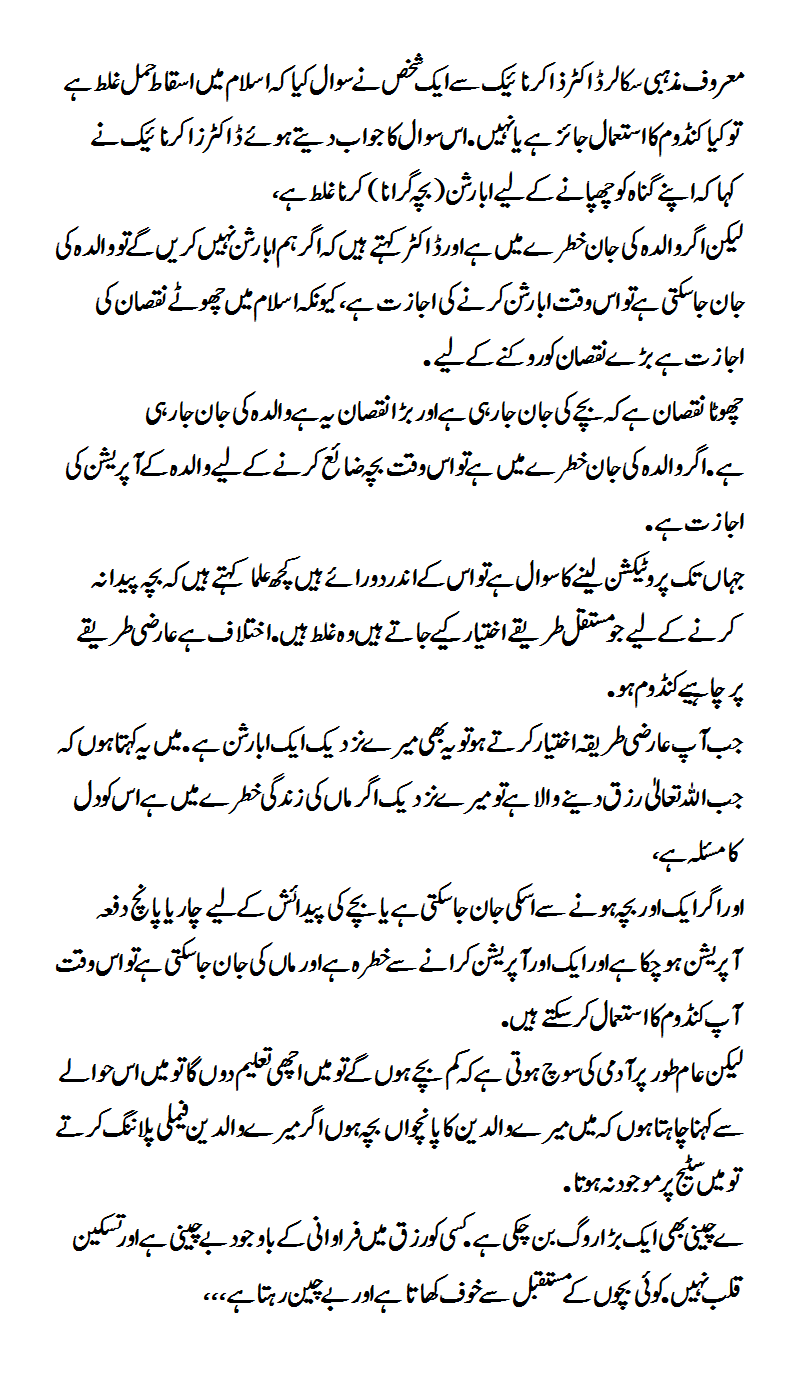Many women took to the streets worldwide on September 28, the global day of action for safe abortion successes and put forth new demands for women’s right to access safe, free and legal abortion.Right to access safe abortion is under threat in many countries, from the United States to Poland, from Argentina to Ireland where women are still fighting for it. Religion, specifically Catholicism,
has often been stated as the main obstacle to birth control and abortions. As such, many Catholic majority countries have strict abortion laws. Most remarkably among those, Andorra, Dominican Republic, El Salvador, Malta, Nicaragua and Vatican come to fore with complete abortion bans.
But what about Muslim-dominant countries?Nearly 80% of women in the Middle East and North Africa live in countries where abortion laws are restricted.
Among those, 55% live in countries where abortion is prohibited except to save the mother’s life and 24% live in countries where abortion is permitted only to preserve women’s physical or mental health.
Today, only Turkey and Tunisia allow elective abortions (abortion on demand). Although, there are no countries in the region with complete abortion bans, abortion restrictions narrow the grounds for women’s access to safe abortion.
Just like elsewhere, abortion appears to be a highly controversial topic for the Muslim-majority countries, as well as for the Islamic jurisprudence. Even in countries where it is legal,
as in Turkey, abortion regime is constantly challenged and attacked by opposing political and religious discourses. Similarly, in Tunisia, despite the legal framework, women still report being judged by the medical personnel and society for obtaining abortion.

In general, Muslim authorities consider abortion as an act of interfering the role of Allah (God), the only author of life and death. However, different Islamic schools have different views on abortion.
According to the Hanafi School, which is predominant in the Middle East, Turkey and central Asia, and that constituted the main body of law during the Ottoman Empire, abortion was conceptualized as ıskât-ı cenîn, which can be translated as the expulsion of the fetus.